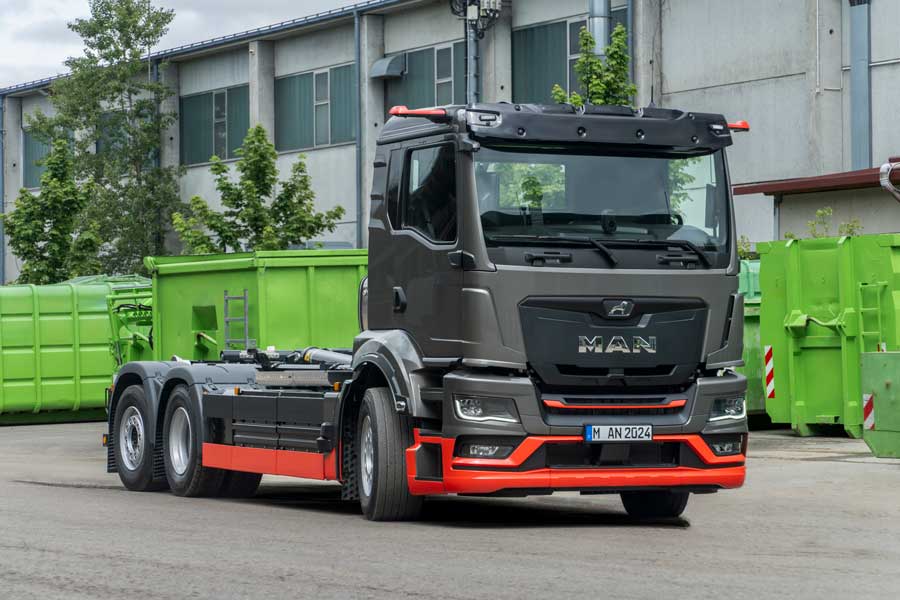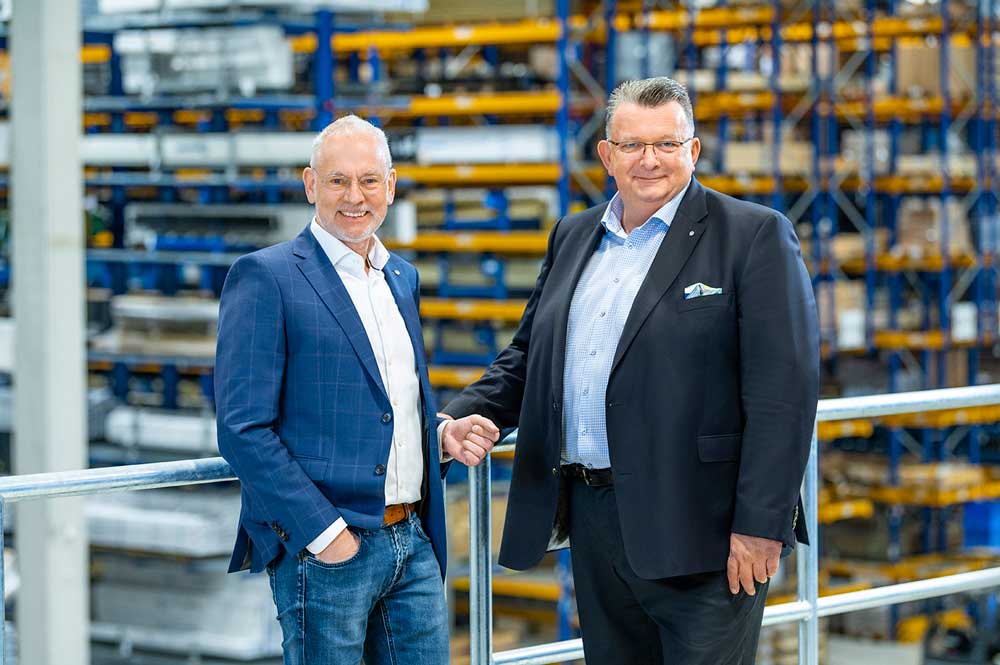Thermo King, a leader in transport temperature control solutions and a brand of Trane Technologies, announced today that it approves the use of Hydrotreated Vegetable Oil (HVO) fossil-free, diesel fuel as a more sustainable fuel alternative to power its truck and trailer refrigeration units. The use of biodegradable HVO instead of traditional diesel, leads to even 90% reduction in greenhouse gas emissions and particulate matter pollution from the engine, with unchanged performance.
“Thermo King has the largest range of zero and low-emission transport temperature control solutions in the industry,” said Francesco Incalza, president of Thermo King in Europe, Middle East and Africa. “Our customers value us for our commitment to advance the technology and capability of the refrigerated transport. We keep innovating to reduce the environmental footprint of our products, and by testing and validating the use of HVO in our units give our customers another option to increase the sustainability of their operations.”
Thermo King has thoroughly tested the HVO biodiesel in its truck and trailer units on the road and conducted endurance tests in its laboratory in the Galway, Ireland manufacturing plant. The results showed the units’ performance is not affected even in low ambient, freezing temperatures. The HVO biodiesel can be used as a drop-in replacement or mixed with regular diesel, with no requirements for unit’s engine modifications or more frequent maintenance intervals.
This step by Thermo King is part of the actions taken by Trane Technologies to make progress against its 2030 Sustainability Commitments, including its Gigaton Challenge to reduce customer emissions by one billion metric tons. Trane Technologies plans to cut its product carbon emissions by nearly 50% by 2030, and that its ambitious emissions reduction targets has been validated by the Science Based Targets Initiative (SBTi). It also supports the Paris Agreement goal to limit global warming to 1.5 degrees Celsius, which will require net-zero global carbon emissions by 2050.










